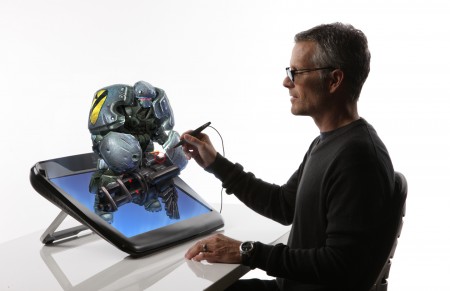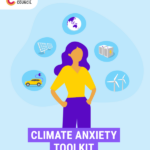August 11, 2015 – When I read Peter Diamandis‘ weekly email one particular section stood out and I wanted to share it with you. Peter was talking about exponential learning again and noted that a degree is not necessarily the right answer today for youth. Instead Peter talked about the importance of passion, about mastering your best talents and not wasting time trying to be a jack-of-all trades. He emphasized the importance of research, reading, and talking to those who can share knowledge in the field of your choice. But the most important message Peter shared is about doing. The following are his words.
———-
Learn by Doing
There is no better way to learn than by doing. I’m a fan of the “apprentice” model. Study the people who have done it well and then go work for them. If they can’t (or won’t) pay you, work for free until you are good enough that they’ll need to hire you.
Join a startup doing what you love – it’s much cheaper than paying an expensive tuition, and a hell of a lot more useful.
I don’t think school (or grad school) is necessarily the right answer anymore. Here’s one reason why:
This week I visited the Hyperloop Technologies headquarters in Los Angeles (full disclosure – I sit on the board of the company). The interim CEO and CTO Brogan Bambrogan showed me around the office, and we stopped at one particularly impressive-looking, massive machine (details confidential). As it turns out, the team of Hyperloop engineers who had designed, manufactured, tested, redesigned, remanufactured, and operated this piece of equipment did so in 11 weeks, for pennies on the dollar.
At MIT, Stanford or CalTech, building this machine would have been someone’s Ph.D. thesis…Except that the Ph.D. candidate would have spent three years doing the same amount of work, and written a paper about it, rather than help to redesign the future of transportation.
Meanwhile, the Hyperloop engineers created this tech (and probably a half-dozen other devices) in a fraction of the time while creating value for a company that will one day be worth billions.
Full Immersion & First Principles
You have to be fully immersed if you want to really learn. Connect the topic with everything you care about – teach your friends about it, only read things that are related to the topic, surround yourself with it. Make learning the most important thing you can possibly do and connect to it in a visceral fashion. As part of your full immersion, dive into the very basic underlying principles governing the skill you want to acquire.
This is an idea Elon Musk, CEO at Tesla, SpaceX and Solar City constantly refers to: “The normal way we conduct our lives is we reason by analogy. We are doing this because it’s like what other people are doing. [With first principles] you boil things down to the most fundamental truths … and then reason up from there.”
You can’t skip the fundamentals – invest the time to learn the basics before you get to the advanced stuff.
Experiment, Experiment, Experiment
Experiment, fail, experiment, fail, and experiment. One of Google’s Innovation principles and mantras is: “Never fail to fail.” Don’t be afraid if you are really bad at the beginning. You learn most from your mistakes.
When Elon hires people, he asks them to describe a time they struggled with a hard problem. “When you struggle with a problem, that’s when you understand it,” he says. “Anyone who’s struggled hard with a problem never forgets it.”
Digital Tools
We used to have to go to school to read textbooks and gain access to expert teachers and professors. Nowadays, literally all of these resources are available online for free. There are hundreds of free education sites like Khan Academy, Udemy, or Udacity. There are thousands of MOOCs (massive online open courses) from the brightest experts from top universities on almost every topic imaginable.
Want to learn a language? Download an app like Duolingo (or even better, pack up your things and move to that country). Want to learn how to code? Sign up for a course on CodeAcademy or MIT Open Courseware. The resources are there and available – you just have to have the focus and drive to find them and use them.
Finally….The Next Big Shift in Learning
In the future, the next big shift in learning will happen as we adopt virtual worlds and augmented reality. It will be the next best thing to “doing.” We’ll be able to simulate reality and experiment, perhaps beyond what we can experiment with now, in virtual and augmented environments.
Add that to the fact that we’ll have an artificial intelligence tutor by our side, showing us the ropes and automatically customizing our learning experience.
———-
Let me know if you enjoy reading these shared thoughts from Peter Diamandis. And for a taste of the future of learning as Peter describes, check out ProtonMedia’s ProtoSphere, a 3D tool for immersive virtual collaboration and learning. It’s not quite fully immersive with artificial intelligence, but it’s getting pretty close.










